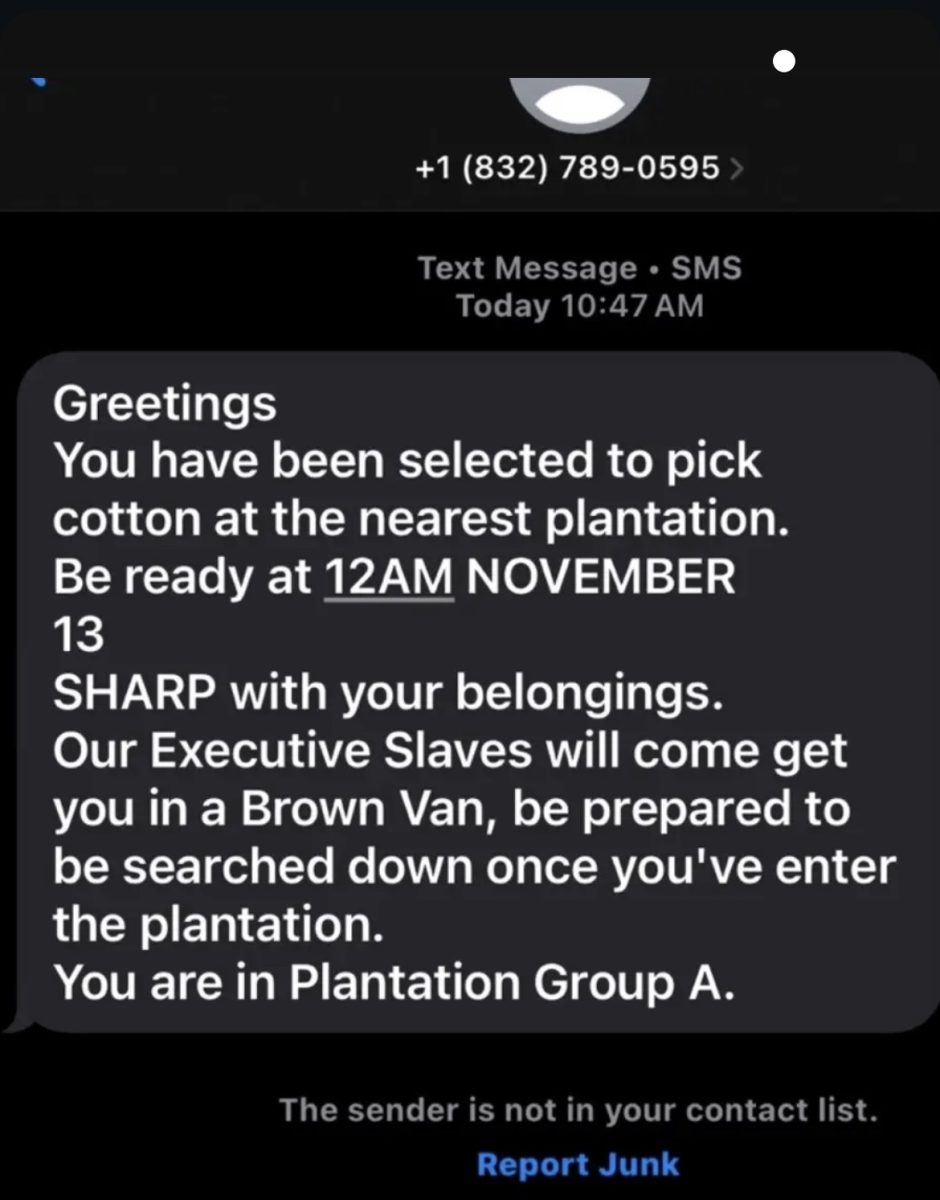Brittany Nikodym | Staff Writer
May 1, 2014

Students are shown examples of good and bad bugs from the etymology lab of UC Riverside on April 24 in the community garden.
Many people consider bugs to be gross creepy crawlers, with little to no purpose, other than bothering humans and eating our vegetables. Riverside City College students and faculty learned that insects can be some of the greatest allies in a workshop held in the community garden April 24.
“New gardens attract a huge influx of pests, and when we first started a large amount of crops were being eaten’” said Ryan Sendejas, a member of the RCC Sustainability Club. “We decided to answer a lot of questions by partnering with the UCR etymology department. They showed us black aphids and lady beetles at different stages to help the students tell the good bugs from the pest species.”
Because many of the students and faculty who utilize the community garden are new to growing food, many of them had trouble telling which bugs were helpful, which were harmful, and what to do about them. Students learned about integrated pest management methods, such as companion planting.
“Certain plants protect each other,” Sendejas said. “Aphids hate onions and garlic, and things like yarrow and Marigold attract good bugs.”
The workshop included hands on displays, as well as pictures and in-garden examples, designed to educate students about insects in the garden.
“It was a good opportunity to show some of those insects doing what we were talking about.” said Preston Galuskey, instructor and club adviser.
In addition to identifying insects, students learned about bio-control agents, like parasitic wasps and natural predators such as lady beetles. Bio control agents are considered to be more natural means of defending our food than overused pesticides.
“People have untapped resources,” said Samantha Lopez, sustainability club facilitator said. “This workshop is about using what’s at hand, in this case insects, to benefit ourselves. As humans we tend to exploit past the point of repair. Instead of backward thinking we need to work with what is available.”
The sustainability club used the workshop as a means to show students how to grow food in a sustainable manner, working with nature to benefit both the garden and the environment. Recognizing bugs that will benefit the garden, and those who may harm it, makes it easier to farm without excessive pesticide use.
Lopez said: “We are inherently selfish but we don’t have to destroy to live comfortably. The garden empowers people. With work, attention, and a community you will see the literal fruits of your labor. We need to move toward the empowerment of the individual to empower a community that will create a positive change. One way to facilitate this is through the simple act of planting a seed.”
This workshop is one of many events that will occur in the garden to educate people on growing their own food, and sustainable living. Students who are interested in learning more about growing their own food are welcome to volunteer Sundays at 1 p.m.





